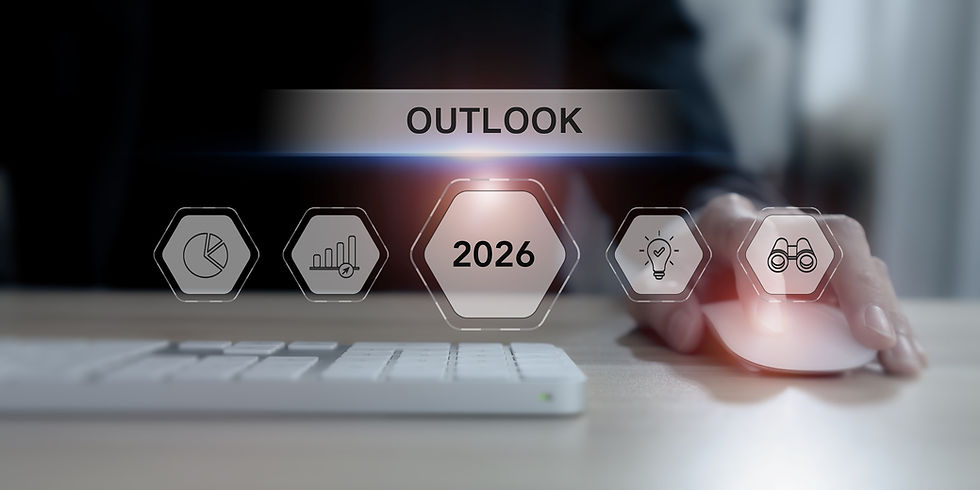Bear Market Week! Focus on What You can Control
- Matt Oberholzer

- Jul 4, 2022
- 2 min read
Updated: May 8, 2023
Okay, admittedly not the best title. What I’d like to introduce to you, is a week-long blog where I address a few tips for investors to weather the storm that is…THE BEAR MARKET.
We have had several clients reach out with legitimate concerns. “Can I still retire in the next three years? How long will my money last if this market continues? Should I move to cash?”
Throughout the week I will be addressing these questions and be giving tips on how you can handle these difficult times.
No one knows where the market is headed, not even the self-proclaimed gurus like Jim Cramer! The market could be headed down for two more months or two more years. Instead of worrying about when the downturn will end, spend your energy on things you can control.
Here are two items I have recently mentioned to clients regarding what they should do in a bear market:
1. Continue investing. Although it seems counterintuitive to invest now, it’s actually a great time for the long-term investor to put capital to work. You can now buy into a market that is over 20% cheaper than it was six months ago. Why wouldn’t you buy stocks now when they are on sale?
2. Another tactic is to use this downturn to rebalance your portfolio by selling asset classes that have held up best and buying those classes hardest hit. For example, this could mean selling investments in some commodities while picking up high-quality stocks that have been hit hard. Use this to bring your portfolio back to its target weights.
Bear markets are often considered a leading indicator of recessions. A couple of things you can do to prepare for what may be coming are:
1. Re-evaluate the amount of cash in your emergency account. Any market or economic downturn could mean a greater chance of layoffs and job loss. We typically recommend that you have 3-6 moths of cash on hand to cover any gap in income.
2. Review your cash flow. Will your income take a dip with a prolonged downturn? Are there any expenses you could cut from everyday spending, perhaps that Starbucks coffee isn’t as necessary as you think? Increased cash flow could be used to either pad your emergency account or invest as we discussed earlier.
This is also a great opportunity to work closely with your advisor to make sure your plan is built to last, so please reach out to us if you have any questions or concerns.




Comments